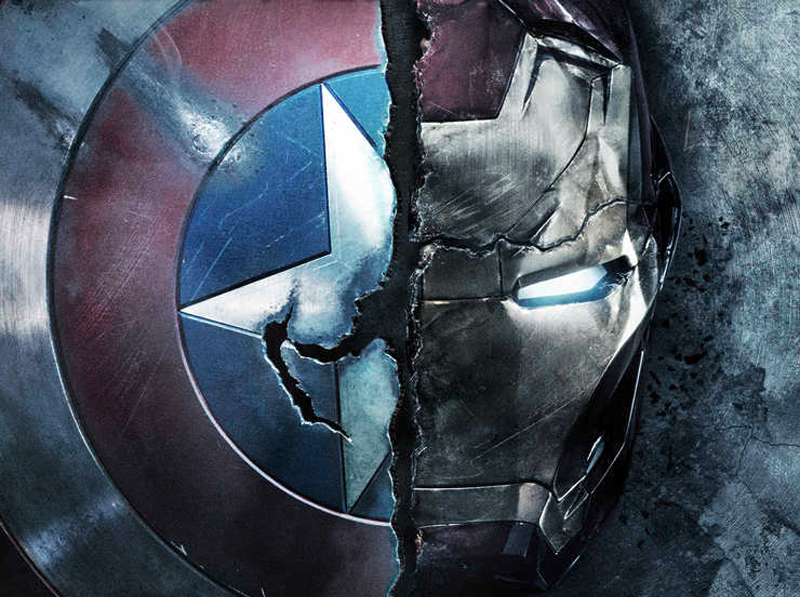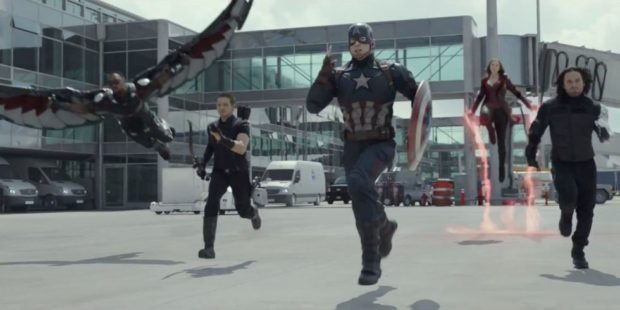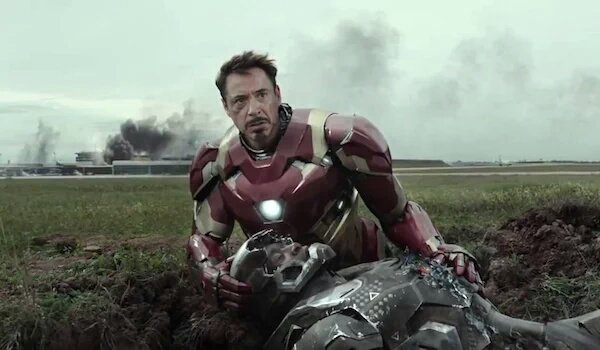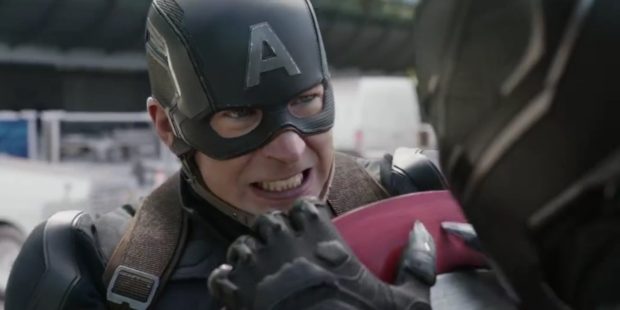
If you’re going to delay the entrance of a new Spider-Man in your movie, you’d better frontload it with gripping action and a plot that holds your attention. With Captain America: Civil War, you never forget whose movie this is, even with introducing at least two “new” heroes to the plot. Though it keeps looking like an Avengers film, directors Joe and Anthony Russo keep Steve Rogers, Captain America (Chris Evans), front and center. As a result, it’s the first Marvel movie that has struck the elusive balance Kevin Feige wants: it’s another chapter in the ongoing saga, planting seeds for the future without distracting from the story at hand.

Granted, at this point, it’s complex. The film opens with a prologue set in 1991, one of the Winter Soldier’s missions. For those who haven’t seen the previous Captain America film, this is Cap’s childhood friend Bucky Barnes (Sebastian Stan), kidnapped by Hydra, brainwashed, and put into suspended animation until they need him to do some dirty work. He’s currently on the run, and at the end of Captain America: The Winter Soldier, Steve Rogers and Sam Wilson (Anthony Mackie) vowed to find him and work to restore his memory. But that has to be put aside as Cap’s team of Avengers face off against Brock Rumlow (Frank Grillo), another Hydra refugee with a grudge against Captain America.
The script by Christopher Markus and Stephen McFeely actually ends up echoing the events of the original comic series Civil War better than expected. Something goes wrong in the fight; innocents are killed. And the United Nations demands that all the Avengers sign a document that will place them under governmental control. Iron Man Tony Stark (Robert Downey, Jr.) embraces it; Steve Rogers cannot.

It actually builds from tensions that have bubbled throughout the Marvel films. Even though in Iron Man 2 Tony had refused this very thing, he’s also been consistently portrayed as someone who will grasp a new attitude and commit to it with the intense fervor of an addict. Downey has also given an edge to all Stark’s interactions with Captain America, a man who knew Howard Stark as a very different man than the cold distant father Tony had.
It’s political, but it’s personal, and it perfectly captures the best of Marvel Comics.
It also skillfully introduces Black Panther (Chadwick Boseman) and connects him to the action. Just as with Spider-Man (Tom Holland), we don’t need an origin, just a few lines of dialogue that establish characterization, and then it’s deep into battles.

With The Winter Soldier, the Russos proved they knew how to use action to propel the story. Most of the fights tell the story, though the centerpiece brawl feels dragged out to provide as much fan service as possible. Yet the joys it provides are too great; they’ve delivered a fight that Marvel fans never imagined could make it to the movies. It may be self-indulgent, but it’s glorious. Once again we have to ask the musical question: why can’t Black Widow (Scarlett Johansson) have her own movie?
Only The Vision (Paul Bettany) gets short shrift among the heroes, though he casually drops a reference that will no doubt make him more important down the line. For the most part, he sits comfortably dressed and offers philosophical bon mots. If a relationship between The Vision and the Scarlet Witch (Elizabeth Olsen) is building, it’s building slowly. Or a key piece of it has been edited out.

The villainous Helmut Zemo (Daniel Bruhl) also seems to be missing some scenes. His motivation is there, and Bruhl sells the menace. But he somehow lacks color in a movie that pits Avengers against Avenger. We like our maniacs loud and noticeable; Zemo (not even a Baron) is quiet and somewhat nondescript.
Captain America: Civil War has tension and tragedy, but still feels inspiring, and the Russos inject plenty of light moments. It may be overstuffed at times, but there’s nothing you would want to throw away. The best Marvel film so far? We’ll allow a case to be made for it, and there’s something beautiful about that “…so far.” Because Civil War also holds the promise of greater things coming — and that includes Spider-Man: Homecoming.

